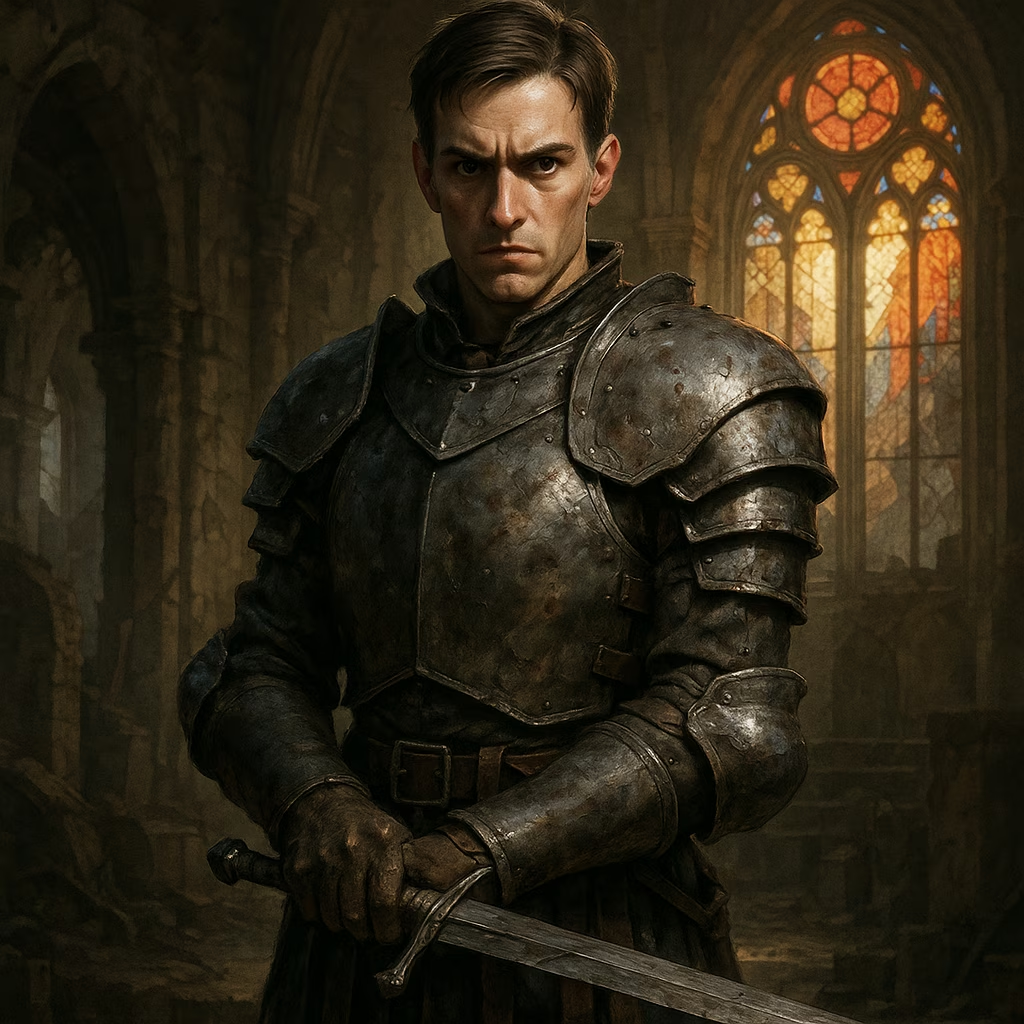The Uncompromising World of Consequences in The Outer Worlds 2
The Outer Worlds 2 revives hardcore RPG traditions with permanent choices, high-stakes character builds, and galaxy-spanning consequences, offering an immersive, authentic experience.
The Outer Worlds 2 emerges as a defiant love letter to classic role-playing traditions, where every decision etches itself permanently into the player's journey. Director Brandon Adler and his team have deliberately stripped away the safety nets common in modern RPGs, creating an experience where skill point allocations and narrative choices carry genuine weight. Like a sculptor working with irreplaceable marble, players must chip carefully—knowing a misplaced strike can't be undone. This philosophical stance positions the sequel alongside giants like Baldur's Gate 3 in reviving the hardcore RPG ethos where choices resonate beyond temporary convenience.

🔥 The Philosophy of Permanent Consequences
Adler's design manifesto rejects the contemporary trend of "fail-proof" character building. During development, he observed countless playtesters creating inefficient builds—warriors with excessive charisma or tech specialists lacking critical skills. Rather than patching these "mistakes," the team embraced them as organic storytelling:
"For choices to matter," Adler told GamesRadar+, "they must contain the possibility of failure. Modern RPGs act like overprotective parents, ensuring every build succeeds. We believe true growth comes from stumbling."
This philosophy manifests most dramatically in the absent respec system. Unlike most games allowing skill redistribution, The Outer Worlds 2 locks players into their allocations. It transforms character development from a reversible puzzle into a high-wire act—where balancing combat proficiency, dialogue expertise, and technical abilities feels like calibrating a vintage spaceship's unstable warp core. One miscalculation won't cause explosion, but will permanently alter your journey's trajectory.
⚖️ The Delicate Ecosystem of Player Agency
Gameplay consequences ripple across three interconnected dimensions:
| Decision Type | First Game Approach | Outer Worlds 2 Evolution |
|---|---|---|
| Skill Allocation | Limited respec options | Zero respec system |
| Narrative Choices | Localized repercussions | Galaxy-spanning ramifications |
| Companion Reactions | Temporary disapproval | Permanent relationship shifts |
Adler describes this design as an "RPG ecosystem" where imperfect builds create unique challenges. A character weak in persuasion might bypass entire quest chains, while inadequate hacking skills could turn vault exploration into a combat gauntlet. These aren't failures but narrative detours—like a botanist discovering unexpected beauty in desert weeds after missing their rainforest destination. The game trusts players to find satisfaction in suboptimal outcomes, transforming apparent weaknesses into distinctive playthrough signatures.
❓ People Also Ask: Unspoken Questions
- Can you "soft lock" yourself with bad builds?
Adler confirms: While extreme builds create hardship, no combination prevents completion—much like climbing a mountain with inadequate gear slows but doesn't halt the ascent.
- Why avoid quality-of-life features?
The team believes convenience often sterilizes consequence. As Adler notes: "Handholding turns RPGs into theme park rides where every path leads to the same souvenir shop."
- Does multiplayer enable build experimentation?
Co-op partners share permanent choices, making collaborative decisions feel like joint surgery—where one slip affects all connected systems.
🌌 The Renaissance of Meaningful RPGs
The Outer Worlds 2 arrives amidst what Adler calls "a counter-revolution" against streamlined RPG mechanics. Baldur's Gate 3 demonstrated audiences crave consequential decision-making, proving modern players embrace complexity when given proper tools. This sequel doubles down by eliminating respec entirely—forcing players to sit with their choices like a chef tasting under-salted soup they can't remake. That discomfort becomes the game's brilliance, transforming each playthrough into a unique fingerprint rather than a perfectible formula.
Yet the design isn't about punishment. It’s about creating spaces where imperfect choices blossom into unexpected stories. When your diplomat-turned-misfit gunslinger accidentally provokes a corporate war, that becomes your story—a chaotic jazz improvisation compared to the scripted symphonies of respec-friendly games. In this uncompromising vision, players don't just inhabit a world; they become architects of irrevocable legacies, where every skill point spent echoes through the stars like radio waves from a long-dead civilization.